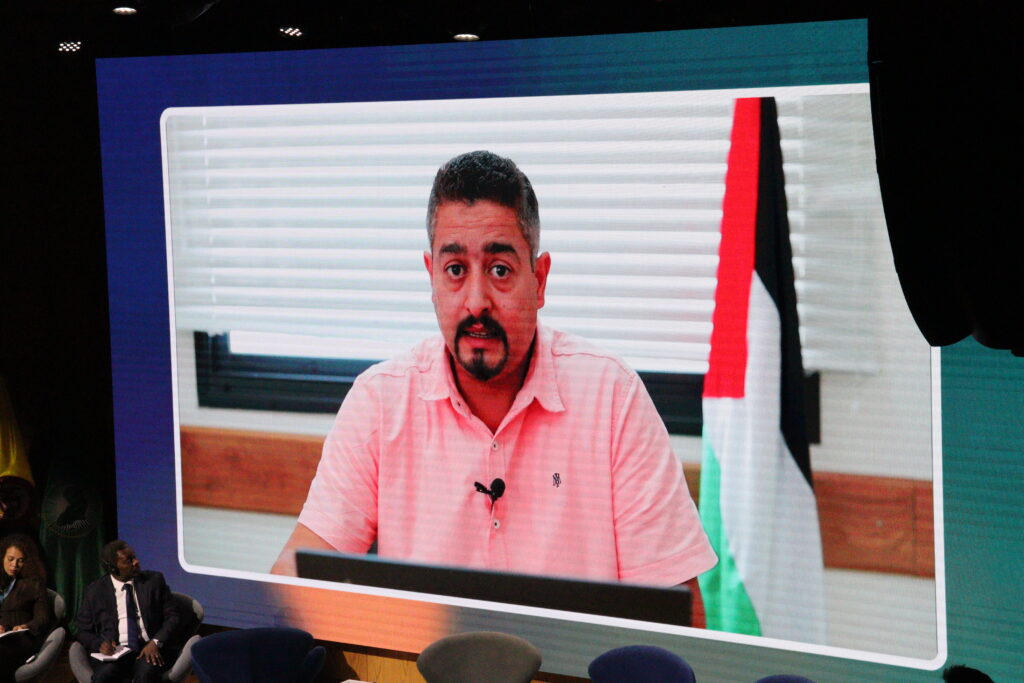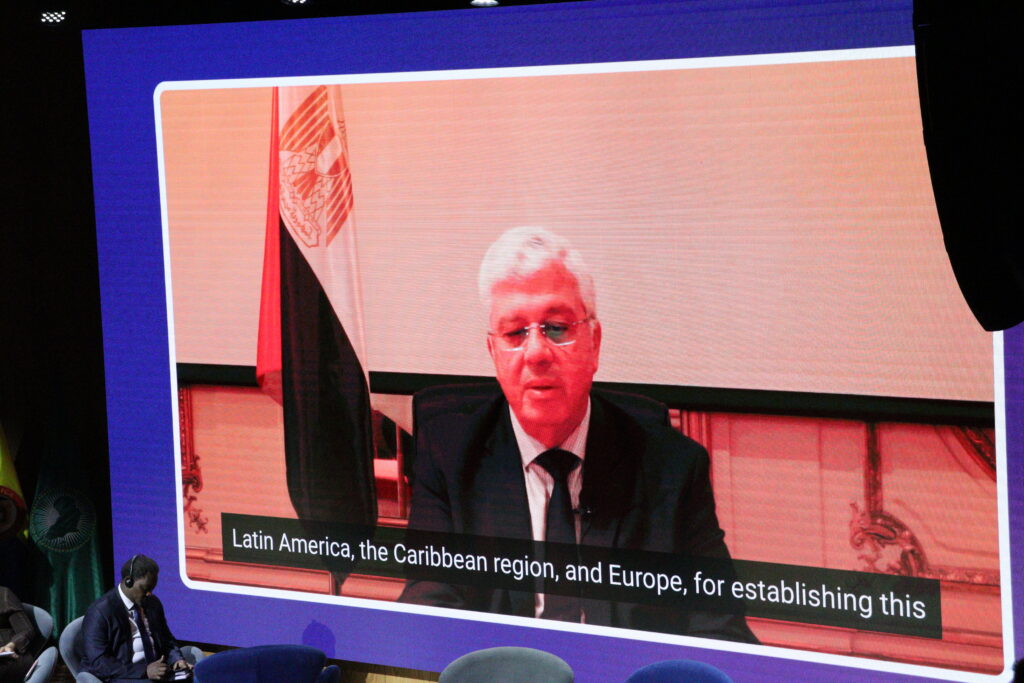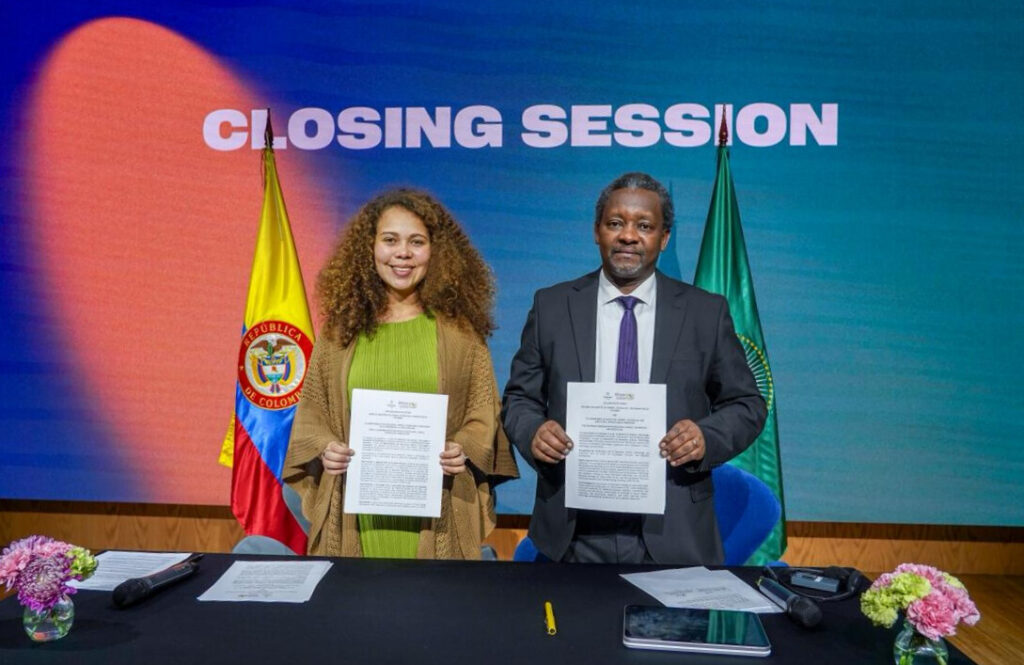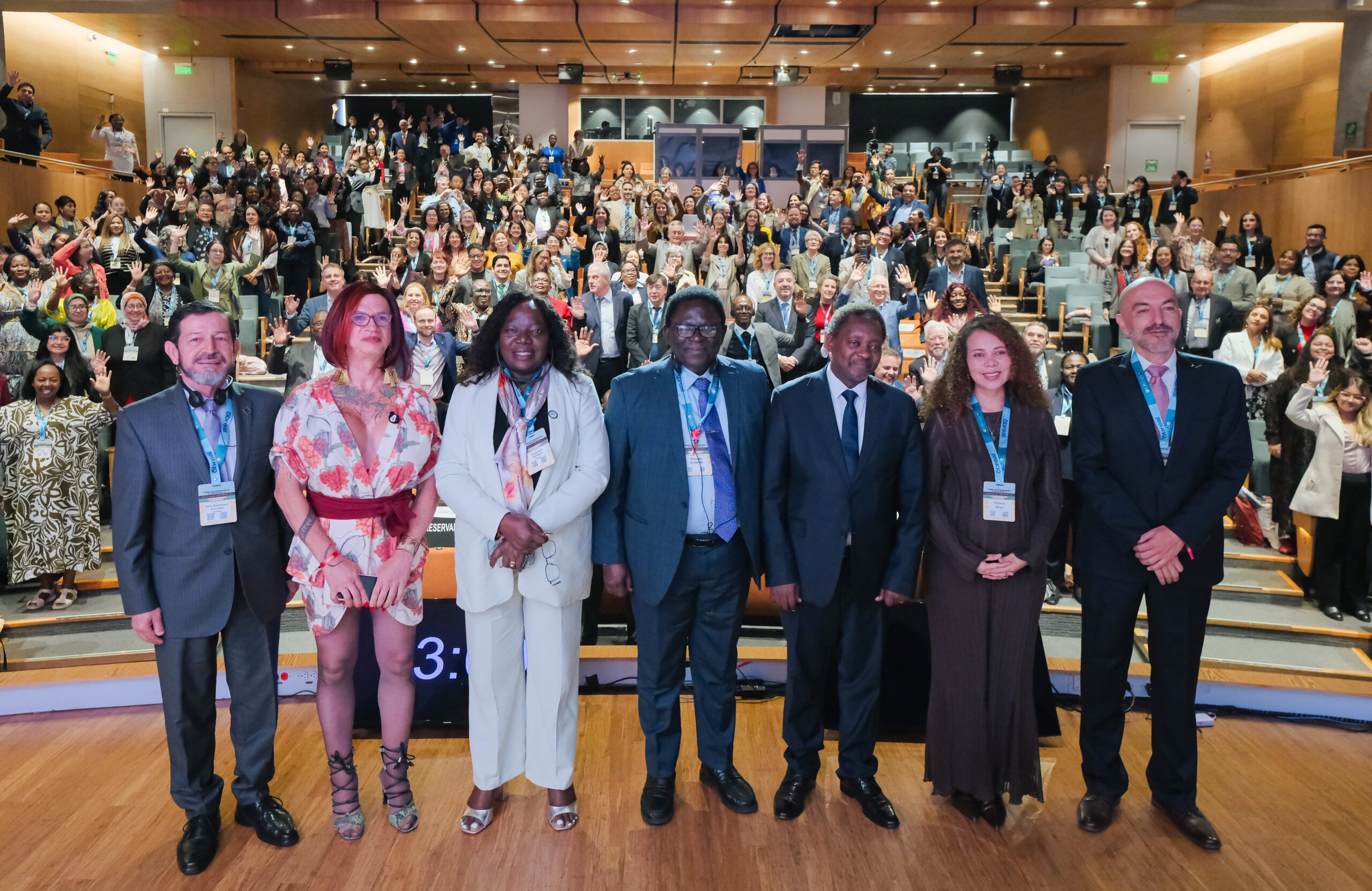Interregional Dialogue: the one tool to face the future
The Third Interregional Dialogue on Education and Development brought together more than 400 participants from 50 different regions at EAN University in Bogotá, Colombia. Among them were high-level representatives from governments, universities, and non-profit organizations. We had the honor of welcoming, among others, the Vice President of Colombia, Francia Márquez; the Deputy Chairperson of the African Union Commission, Selma Malika Haddadi; the Minister of Science, Technology and Innovation of Colombia, Yesenia Olaya; and the African Union Commissioner for Education, Science, Technology and Innovation, Gaspard Banyankimbona.
The first session was a clear example of what the event aimed to achieve. Representatives from Colombia, the African Union, Canada, Egypt, Palestine, and the European Union discussed common priorities in Education and Development. It was a revealing session on the importance of South-South-North-North cooperation and dialogue.



The Vice President of Colombia announces a CELAC–African Union summit, and the Minister and the Commissioner sign a cooperation agreement
The goal of the event—to build bridges between the different Souths and the different Norths—was clearly reflected throughout the multiple sessions in which representatives from different countries exchanged views on common challenges and the various ways to address them. These included issues such as climate change, artificial intelligence, gender equality in science, food security, and access to higher education, among others.
But the greatest expression of this bridge-building came with the announcement of a CELAC–African Union summit and the signing of a cooperation agreement between the Government of Colombia and the African Union.

In her welcoming remarks, the Vice President of Colombia, Francia Márquez, announced that they are working with the African Union to hold, in March 2026 in Cali, Colombia, a summit between CELAC and African Union member countries. An event that the Vice President herself described as a “landmark,” which would continue the conversations initiated in Bogotá during the Third Interregional Dialogue.
The Vice President, in fact, celebrated that this event, driven by Obreal, is an opportunity to “rebuild the shared memory with Africa and project ourselves towards a common future of dignity and equality.”
This intention to build a shared future materialized even more strongly on the final day of the event with the signing of a cooperation agreement between the Government of Colombia and the African Union. The Colombian Minister of Science, Technology and Innovation, Yesenia Olaya, and the African Union Commissioner for Education, Science, Technology and Innovation, Gaspard Banyankimbona, signed a declaration of intent to strengthen the relationship between Colombia and Africa.

From dialogue to concrete Action
The challenge emerging from the Third Interregional Dialogue on Education and Development is to translate the cooperation frameworks established among the various actors present in Bogotá into concrete policy actions. To achieve this, it is essential to identify effective funding mechanisms—especially in a context where resources for international cooperation are becoming increasingly scarce.
But, as Obreal’s Director of Strategy, Nicolás Patrici, rightly stated at the conclusion of the Dialogue, “Interregional cooperation is not one option among many. It is the only way we—as regions, as governments, as communities, as human beings—can face the world that lies ahead.”
At Obreal, we remain (and will continue to be) committed to fostering cooperation and dialogue among regions. An Interregional Dialogue that, in its fourth edition next year, will be held in Cairo, Egypt.

